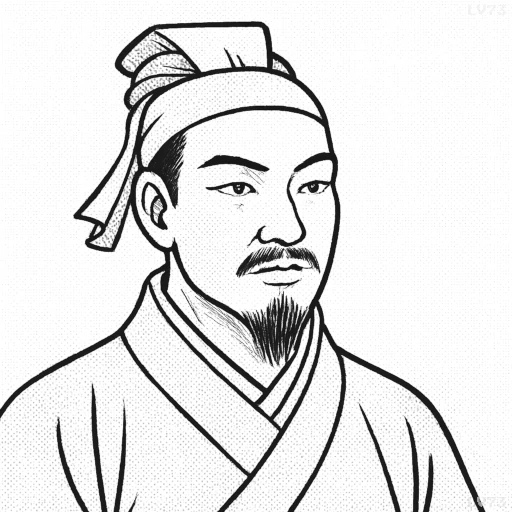“For them to perceive the advantage of defeating the enemy, they must also have their rewards.”

- 544 BC-496 BC
- Born in China
- Military strategist, military strategist
table of contents
Quote
“For them to perceive the advantage of defeating the enemy, they must also have their rewards.”
Explanation
In this quote, Sun Tzu emphasizes the importance of motivating one’s forces by ensuring that they understand the benefits of their success. In war, victory is not just about strategy or tactical advantage; it is also about maintaining the morale and loyalty of the soldiers or participants. If those under command are not motivated by the promise of rewards—whether material, social, or emotional—they may lack the drive to engage with full commitment. Sun Tzu suggests that rewards should be a driving force for those who fight, as they serve as an incentive to work harder, sacrifice more, and strive for victory. These rewards, whether financial or otherwise, provide a sense of purpose and a tangible outcome for the risks taken, ensuring that the troops are invested not only in the outcome of the battle but also in the broader goals of the conflict.
This principle applies in modern leadership across various fields, from business to sports to politics. In business, employees who understand that their hard work will be recognized and rewarded are more likely to give their best effort, leading to higher productivity and job satisfaction. For example, companies like Google and Apple are known for creating environments where employees feel rewarded and valued, which in turn drives their innovation and success. In sports, coaches who offer incentives like bonuses, prizes, or even emotional recognition for team performance can increase motivation and lead to better overall team results. In politics, leaders who offer rewards such as economic benefits, positions of power, or public recognition for loyalty and success can maintain strong support, creating a more cohesive and motivated political environment.
Historically, leaders have used the concept of rewards to fuel success in warfare. Napoleon Bonaparte understood the power of motivating his soldiers through a combination of glory, promotion, and material rewards. His army was known to be fiercely loyal, in part due to the rewards offered for bravery and success in battle. Similarly, in ancient Rome, generals often promised land or wealth to their soldiers as part of the spoils of war, which ensured that they fought with determination and loyalty. During World War II, both Allied and Axis forces used the promise of rewards such as medals, recognition, and promotions to inspire their troops to endure hardships. Sun Tzu’s insight into the connection between rewards and victory is a powerful reminder that motivation plays a crucial role in achieving success, whether in battle, business, or any other competitive arena.
Would you like to share your impressions or related stories about this quote in the comments section?
